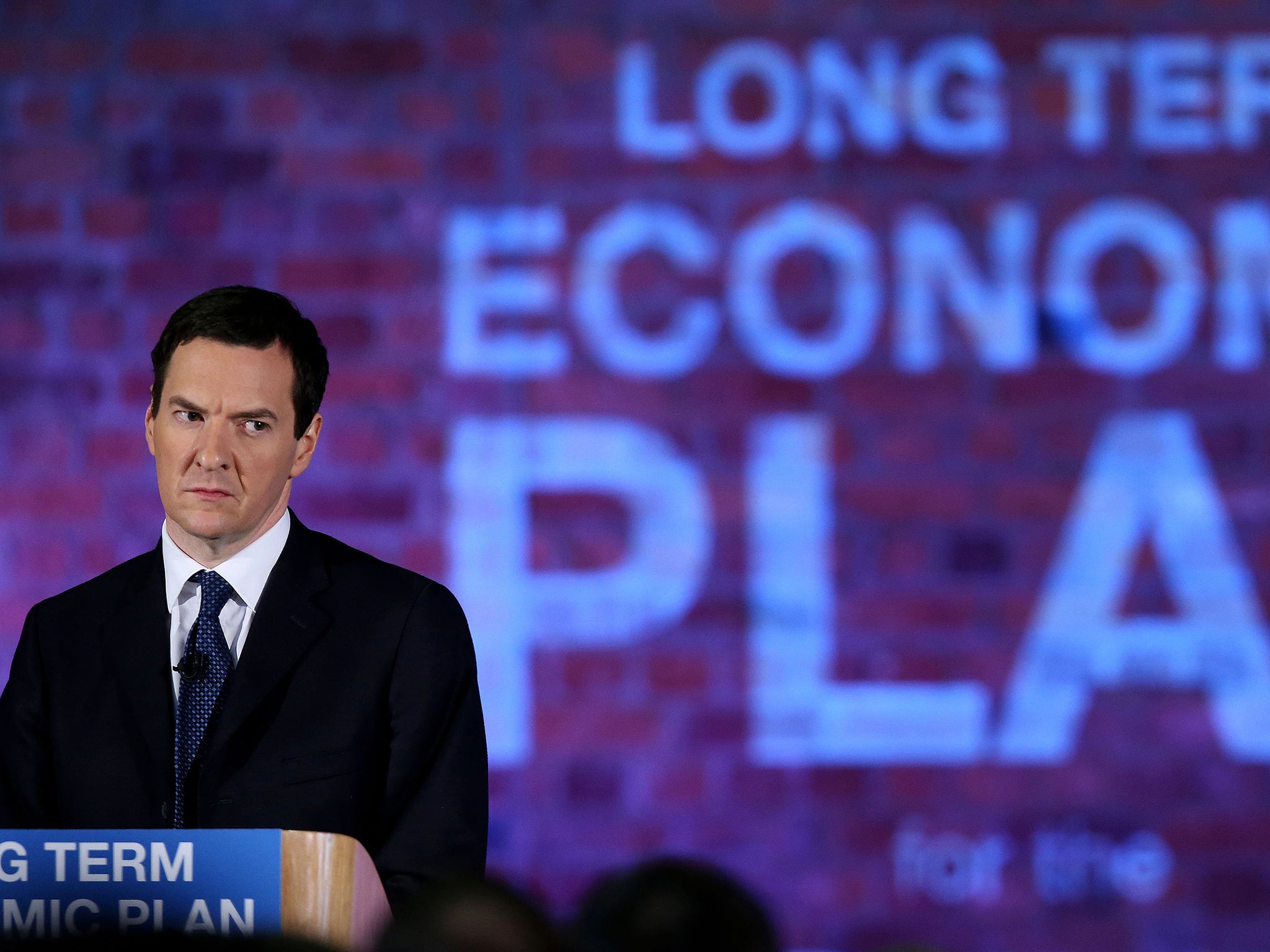The National Living Wage is a huge economic experiment – and this week we'll find out if it's worked
We are not the only country with a productivity problem, but we're the first to use a higher wage to solve it


The most interesting economic issue coming up in Britain this week will be the first sniff as to how the National Living Wage might affect the labour market. On Wednesday, we get figures on unemployment, employment and pay. These are the normal monthly numbers, but they take on special significance because they are the first to be published since the living wage came into force a week ago.
The figures themselves only run up to the end of March, but anecdotal evidence suggests that employers have been planning for several months how they will adapt to having to pay more for their lowest-waged workers. Tactics include revising shift patterns to use labour more efficiently, cutting hours (and in particular overtime), paring back non-pay benefits, and so on. However, it is unlikely in most cases that all the additional cost of the higher basic wage can be absorbed, so you would expect some employers to increase their prices and so to accept lower margins. The truth is: we don’t know.
Whenever some new radical economic policy is brought in, the government in question and perhaps the central bank, tries to figure out its lively effect. But things don’t turn out as expected. For example, when the Bank of England brought in qualitative easing, it expected the policy eventually to increase inflation. But that does not seem to have happened – or, rather, there has been a surge in asset inflation in such things house prices, but very little effect on consumer prices.
Similarly, when the coalition government started its policy of paring back the fiscal deficit, some economists thought that this would lead to double-digit unemployment rates. It didn’t, or at least not much.
Despite policy gradually being tightened over the past six years, employment has boomed. Pay, however, has stagnated, and productivity has been flat. There are many reasons behind the disappointing productivity figures, but they are the flip side of the success in getting people into work. We suck in labour (mostly from the European Union) to fill the jobs, instead of using the labour we’ve got more effectively.
We are not unique in having a productivity problem. Similar concerns are evident in the US and Germany, both of which, like us, have decent growth in employment and also low unemployment. But we are unique in our policy response. In the US, the minimum wage is roughly half ours, relative to median earnings, and in Germany they are only bringing in a minimum wage now. It is a huge experiment, carried out real time over the whole economy, and other countries are watching to see what happens.
In the real economy, as opposed to the financial markets, things take a while to change, and in any case other factors are at work. So do not expect radical change. But if there is any hint on Wednesday of employment growth easing, or unemployment starting to climb, then we should be concerned. On the other hand if pay rates are starting to nudge up, that at least is what is supposed to be happening.
Of the other things to look for this week, next in importance must be the response to the Doha oil talks. You have to look at what countries do, not just what they say, so the initial reaction may give a wrong signal. But if, a couple of weeks from now, the oil price in nudging up, that could signal an even bigger turning point for inflation worldwide.
Third, there will be meeting of the European Central Bank on Thursday. After last month’s cut in interest rates there will be no change in policy but the words with which the ECB president Mario Draghi defends what it has done will be listened to carefully. Can the ECB do anything more, and if so what might that be? Any hint welcome.
On Thursday we also get public spending and revenue figures for March, the last month of the financial year. So has George Osborne hit the borrowing target of £72bn or not? Sadly final judgement will have to wait because these figures are nearly always revised but if the numbers are more or less all right, then all those who warned that he would miss his target will be proved unduly pessimistic.
Finally there is the pound. It has had a bad few weeks, and Brexit fears threaten to depress it even more. This leads to a nice political calculation: if leaving the EU would be bad for the pound that would be unpopular, for Britons do not like a weak sterling. But is this an argument the Remain camp will want to make, for the weaker the pound the more profit there is for exporters?

Join our commenting forum
Join thought-provoking conversations, follow other Independent readers and see their replies